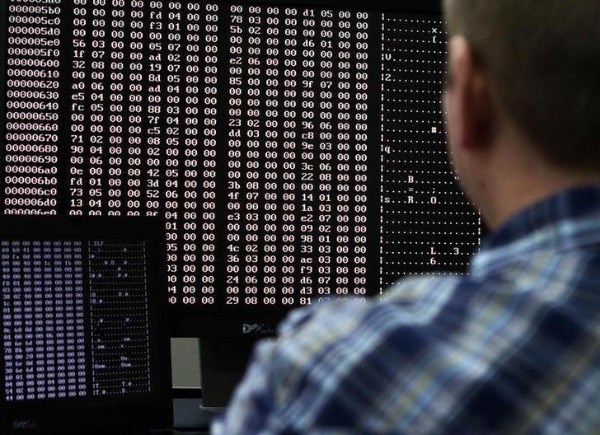Spanish court agreed to extradite Russian hacker to the US
The National Court of Spain approved the extradition to the US of a Russian citizen accused of creating a mass network of computer "bots" that were sending millions of spam emails a year.
According to the decision made by the National Court of Spain, a special court that considers requests for extradition, Russian Pyotr Levashov should be brought to trial in the US where law enforcement regards him as one of the most infamous criminal spammers. It was reported that he has the right to appeal this decision within three days.
This judicial decision is a blow for Russia, which has been trying in several European courts to halt the extradition of its citizens to the US—citizens that Washington has accused of hacking or other forms of cybercrime. Russia prefers that its citizens be returned home where it promises they will be put on trial.
37-year-old Levashov was detained in Barcelona at the request of the US when he arrived there for vacation with his family. He is accused of fraud and identity theft, which carry grave consequences, as well as of other crimes.
Russia has repeatedly complained about the detention of its citizens abroad at the request of the US, accusing Washington of "kidnapping" these people.
Also, the US request for the extradition of Russian citizen Alexander Vinnik, whom Washington accuses of creating a $4 billion money-laundering scheme using virtual bitcoin currency, is being considered by a court in Greece. The court will hand down its decision on October 4.
Another Russian citizen, Yevgeniy Nikulin is waiting in the Czech Republic for Czech officials of the Ministry of Justice to decide whether he will be extradited to the US or be sent to Russia to be put on trial on similar charges of committing computer crimes.
Roman Seleznev, who is already on trial in the US, pleaded guilty to participating in a cyber-theft scheme connected with the theft of $50 million, according to US law enforcement officers. He was detained when he tried to enter the Maldives in 2014.
The United States began to actively pursue suspected hackers and other cybercriminals from Russia and other countries a few years ago. The US intelligence services connect some of them to politically motivated cybercrime, possibly carried out at the orders of Russia's special services.
